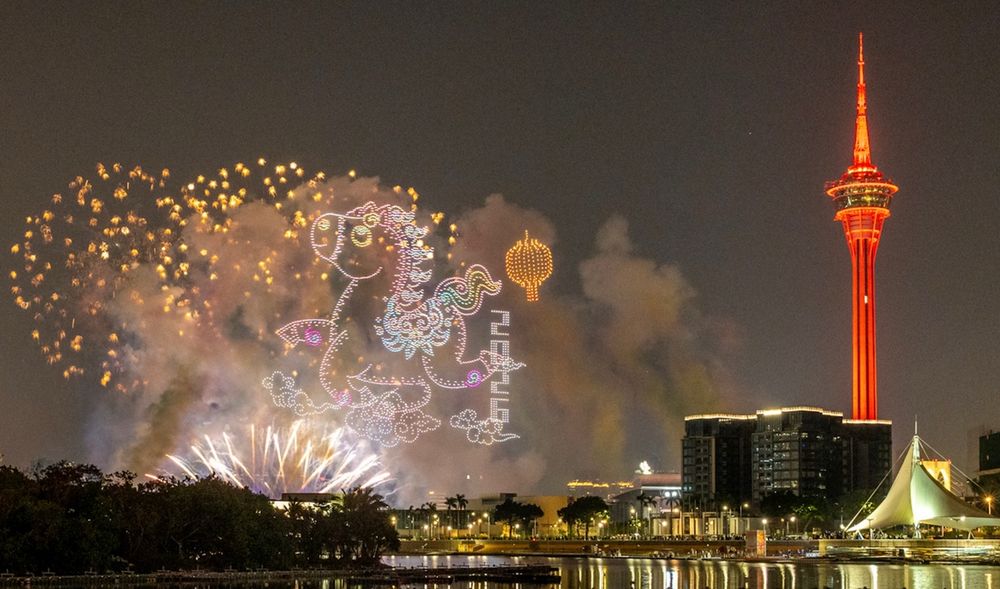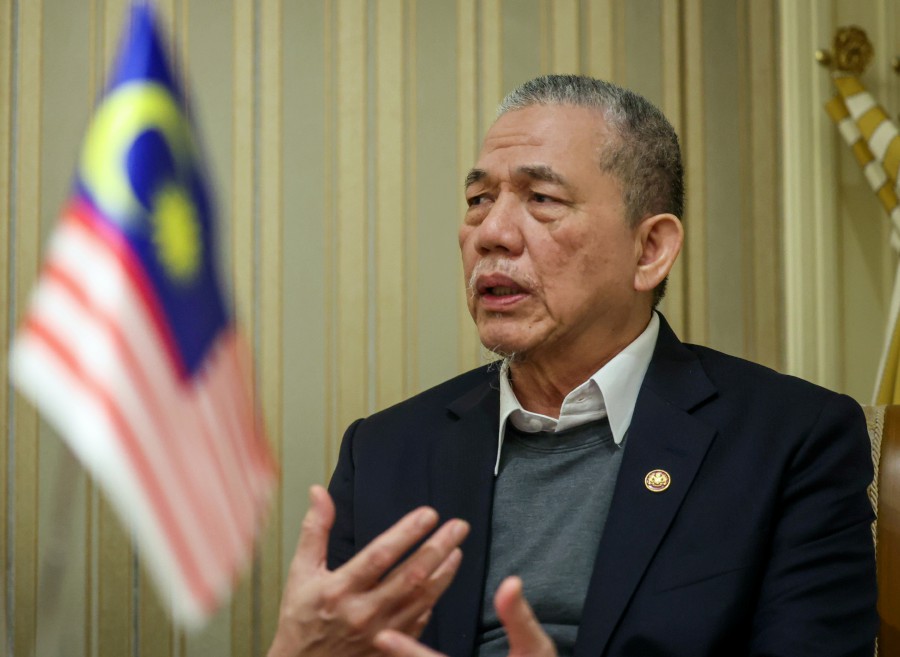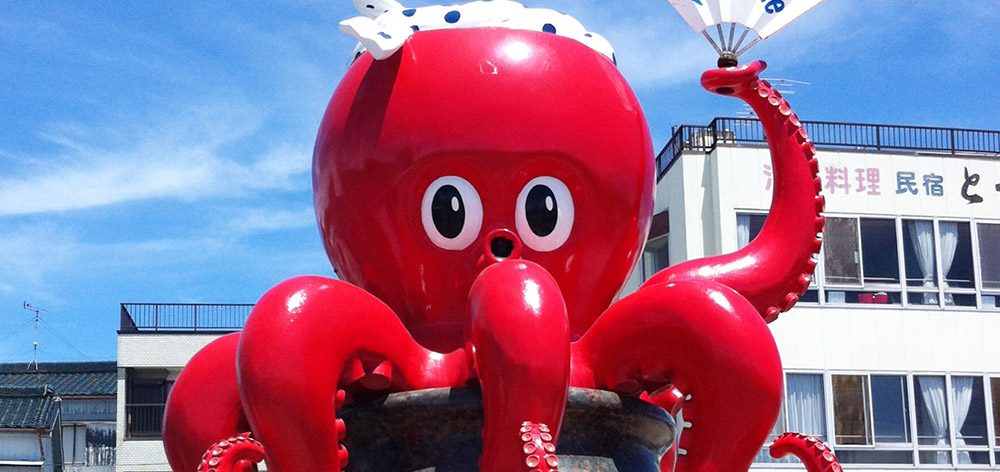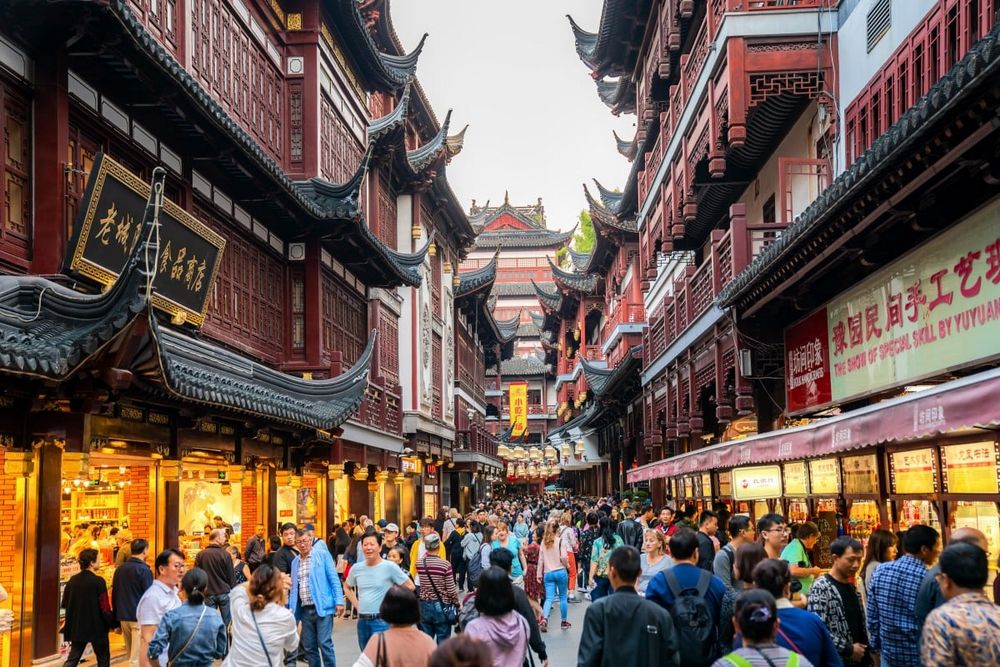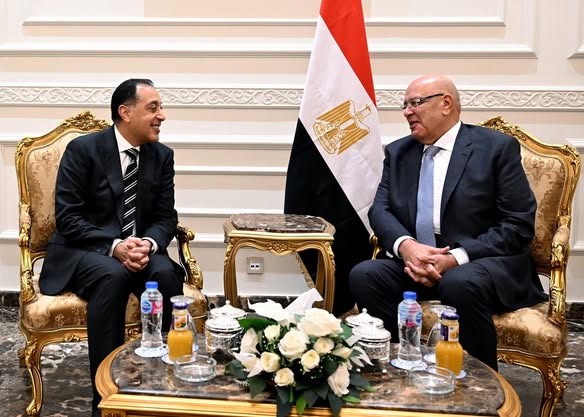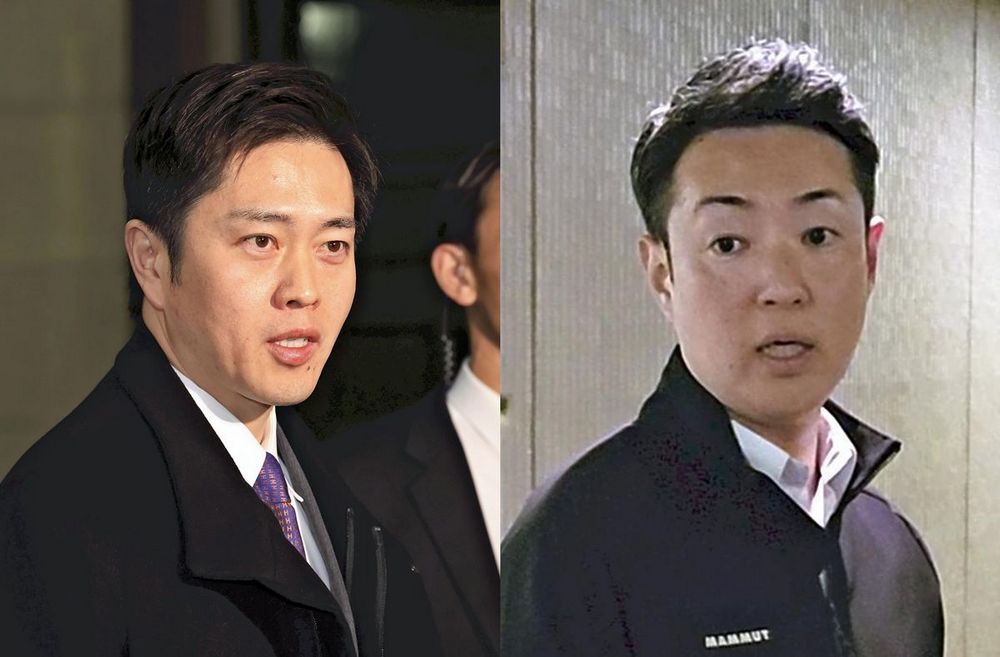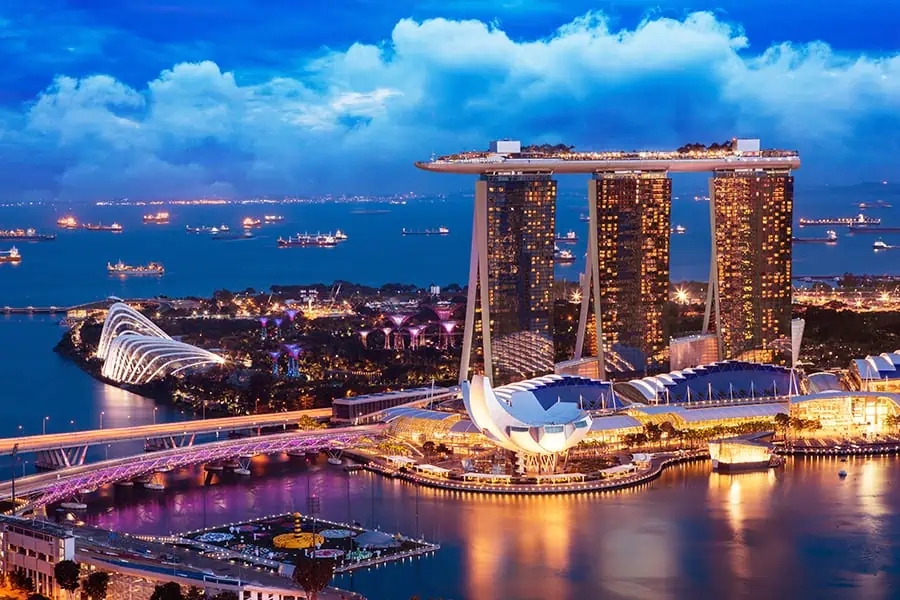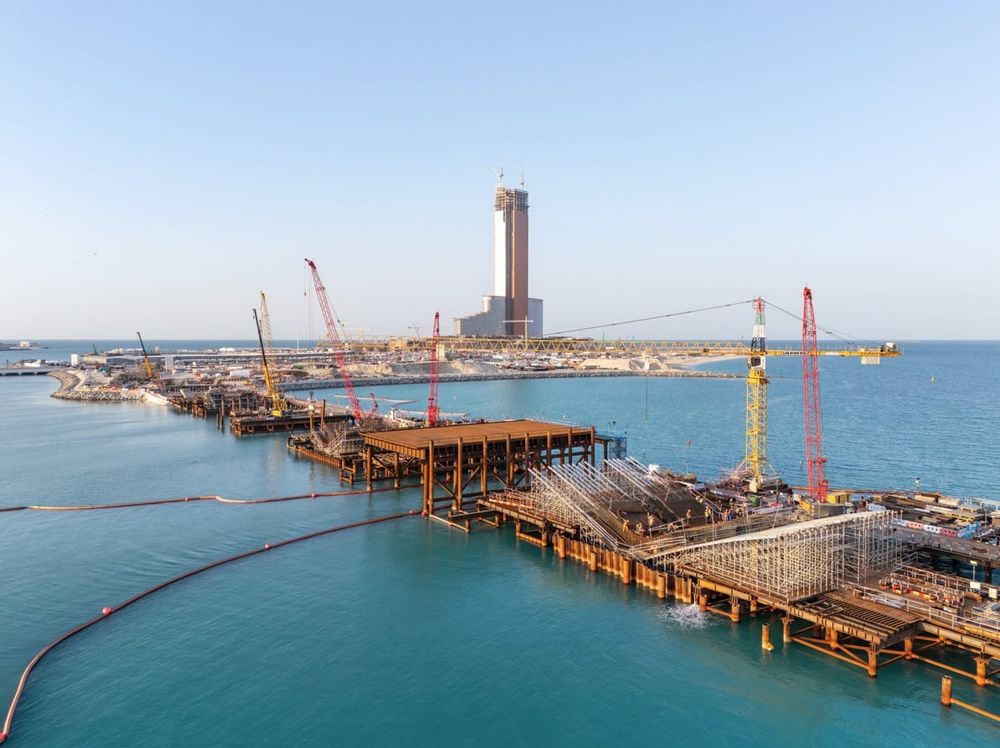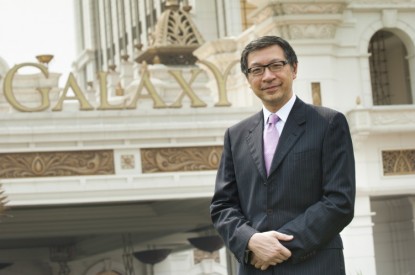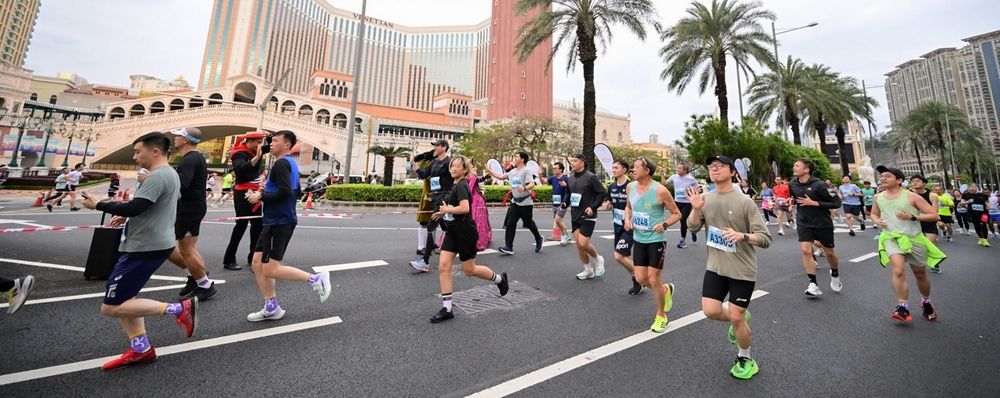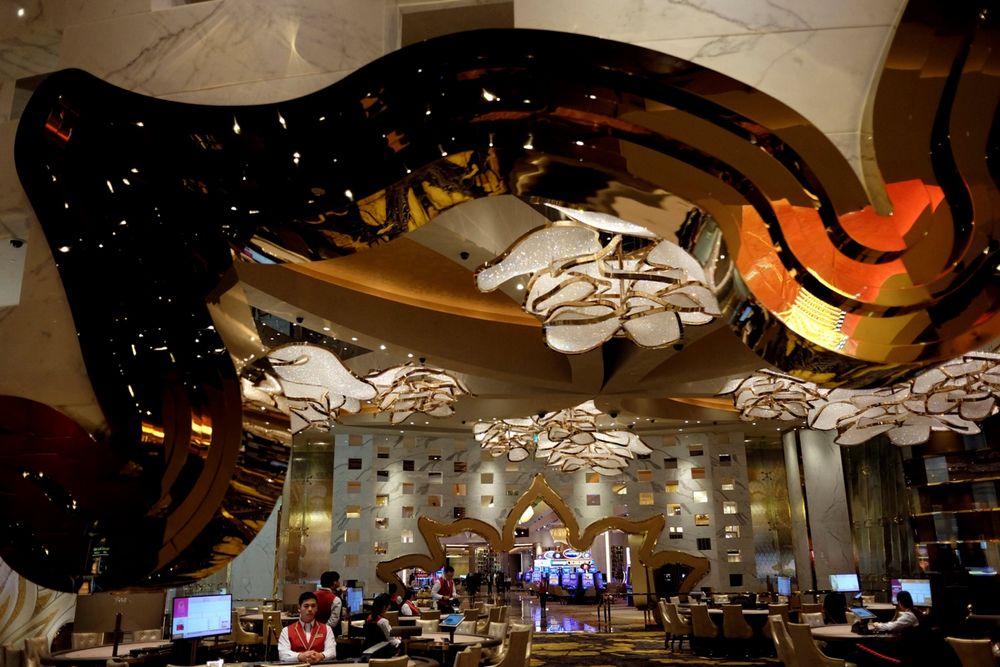In a rare high-level meeting that’s turning heads across both gaming and diplomatic circles, China’s Ambassador to the United States, Xie Feng, sat down this week with Craig Billings, CEO of Wynn Resorts, to discuss economic ties, gaming investment, and the strategic role of Macau in the global casino industry.
The meeting, which took place in Washington D.C., marks the first direct dialogue between Xie and a U.S.-based casino executive with operations in Macau. The timing is no coincidence—Wynn reported $866 million in Macau revenue in Q1 2025, representing nearly half of its total earnings. As Beijing promotes foreign confidence and local regulators emphasize compliance and modernization, this encounter signals a potential alignment of global investment interests.

Sources suggest the discussion revolved around Macau’s role in regional tourism, Wynn’s long-term footprint in China, and U.S.–China commercial relations, though no formal transcript was released. Industry analysts interpret the meeting as a green light for deeper engagement between American casino giants and Chinese policymakers—especially as Macau continues its post-COVID rebound and looks to diversify beyond VIP junkets.
Al Marjan Island the home of Wynn Resorts’ integrated resort project in the United Arab Emirates
Craig Billings is no stranger to strategic diplomacy. Under his leadership, Wynn has repositioned its Macau properties to target premium mass-market segments and integrate non-gaming experiences, which aligns closely with China’s “Macau 2.0” vision.
Las Vegas casino giants face uncertainty as Macau falls under US investment restrictions
The optics of this meeting couldn’t be clearer: Wynn Resorts remains a vital player in the East, and Beijing appears open to strengthening regulated cooperation. With U.S.–China relations fluctuating, direct communication between power players on both sides is not just valuable—it may be essential for the next decade of gaming expansion.











